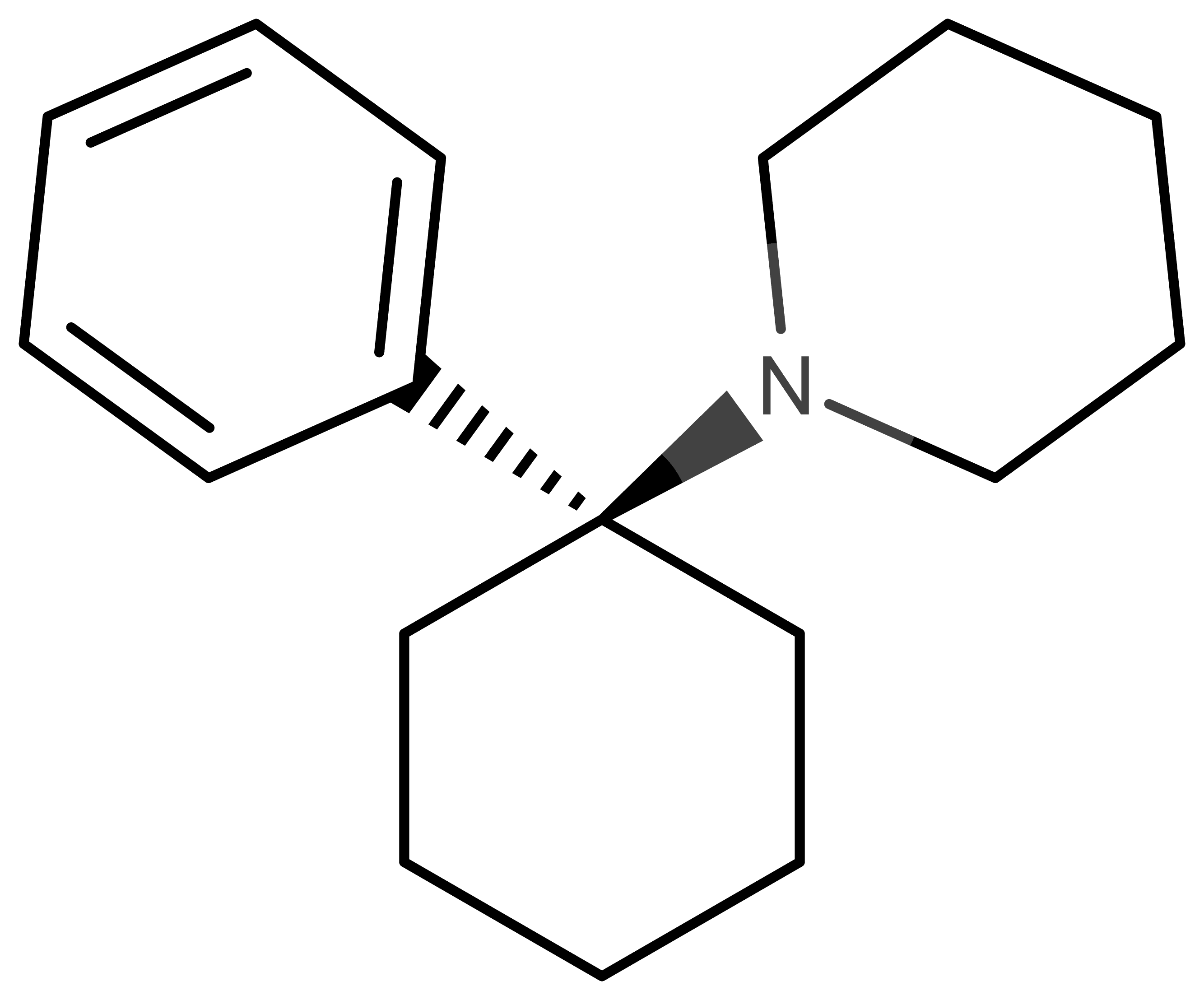Substances
PCP

A strong dissociative drug. PCP works primarily as an NMDA receptor antagonist. Also referred to as "wet" or "angel dust". Best known for stories of the strange and sometimes violent behaviour of those under its influence, though it is likely these are only in overdose cases.
Harm potential
highly addictive with a high potential for adverse side effects such as psychosis
Source: PsychonautWiki
Dosage
This dosage information is gathered from users and resources for educational purposes only. It is not a recommendation and should be verified with other sources for accuracy.
oral
light: 3-5mg
common: 5-10mg
strong: 10-15mg
insufflated
light: 2-4mg
common: 4-8mg
strong: 8-15mg
smoked
light: 2-4mg
common: 4-8mg
strong: 8-12mg
Source: PsychonautWiki
View dosage charts in the KnowDrugs app
Effects
- dizziness
- Motor control loss
- nausea
- Perception of bodily lightness
- Physical autonomy
- Physical euphoria
- spontaneous bodily sensations
- Physical disconnection
- Tactile suppression
- Optical sliding
- Psychosis
- amnesia
- anxiety suppression
- Cognitive euphoria
- Compulsive redosing
- conceptual thinking
- Cognitive disconnection
- Creativity enhancement
- déjà vu
- sensory illusions
- Depersonalization
- Derealization
- Disinhibition
- Feelings of impending doom
- increased immersion into external stimuli (e.g. music, film, light)
Source: Tripsit.me
Interactions
View all interactions in the KnowDrugs app
Tolerance
full
with prolonged and repeated use
half
3 - 7 days
zero
1 - 2 weeks
Source: PsychonautWiki